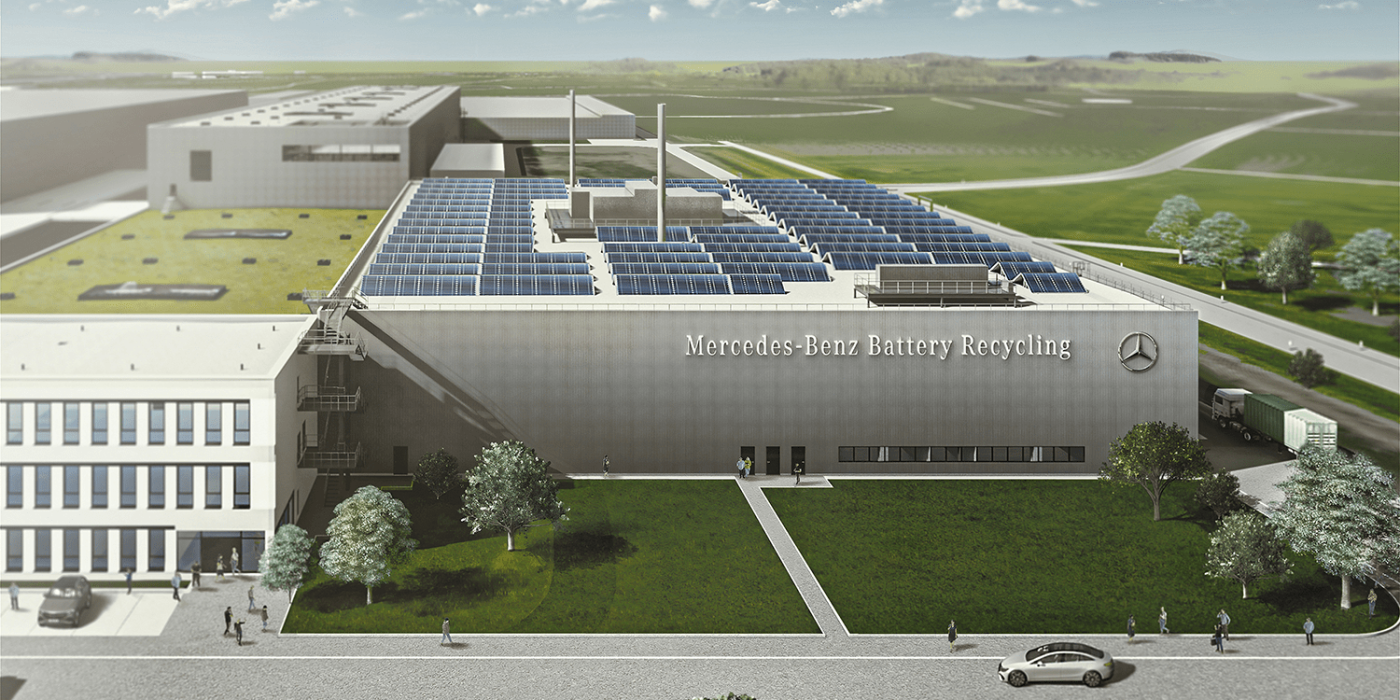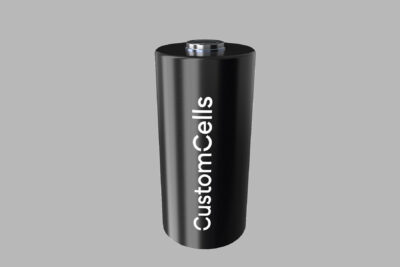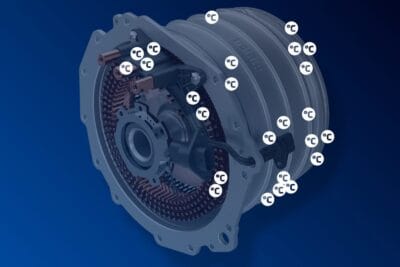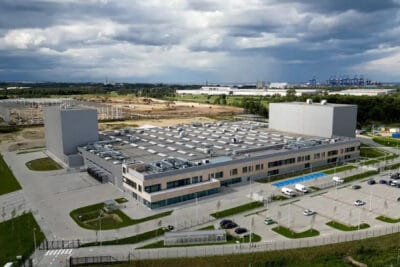Primobius to build Mercedes’ battery recycling hub in Kuppenheim
Mercedes-Benz laid the symbolic cornerstone for its battery recycling plant in Kuppenheim in March 2023. The car manufacturer is investing an unspecified amount in the double-digit million euro range in the plant’s construction. The German Federal Ministry for Economic Affairs and Climate Protection also funds the recycling factory as part of a scientific research project. In this project, called ‘LiBinfinity,’ Mercedes is working with partners such as Primobius, the SMS Group and research institutes to develop a hydrometallurgical process that will achieve a recovery rate of 96 per cent.
It is now also clear that Primobius, a battery recycling joint venture between the German mechanical engineering company SMS Group and the Australian battery material manufacturer Neometals, will play a central role in the construction of the Kuppenheim plant. The contract now awarded by Mercedes is worth around 18.8 million euros and includes developing, installing and commissioning the so-called ‘Hub,’ which will process black mass from the shredding plant (‘Spoke’). It has an annual capacity of 2,500 tonnes and uses a hydrometallurgical process. Primobius won the contract to construct the shredding plant in August 2023.
The aim is to recover battery materials such as lithium, nickel and cobalt, which will be used to produce a targeted 50,000 battery modules for electric cars from Mercedes-Benz. Primobius offers a patented LiB recycling process via a business model for plant supply and technology licensing.
“We are proud to partner with Mercedes in its journey to lead the closed-loop recycling of lithium batteries,” says Neometals Managing Director Chris Reed. “The relationship exemplifies some of the unique aspects to Primobius’ business model. One of these is the ability to supply plant and offer technology licences so OEMs can retain their battery materials from scrap and end-of-life batteries.”
Reed is convinced that “supply certainty, low operating costs and low carbon footprint are key value drivers for OEMs looking forward.” He concludes: “Our measured approach to delivering scalable solutions with our partner and leading plant builder SMS augurs well for penetrating this enormous addressable market.”
For Primobius, this is the first commercial supply contract for a recycling plant concluded with an international manufacturer and the first significant turnover. Primobius does not provide any information on the planned start of operation of the plants in its current announcement. In August, it stated that the shredding plant would be commissioned “as planned” in the first quarter of 2024. No information is available on the planned opening of the ‘Hub.’
There are two stages in the recycling process. First, the old batteries or production scrap to be recycled must be mechanically shredded and pre-sorted – materials such as copper and aluminium are usually separated at this stage. At the end of this step, the so-called black mass remains, a mixture of the various active battery materials. For logistical reasons, this work can often take place in the vicinity of battery factories or major customers – the ‘Spokes’ of a wheel rim. The actual processing of the black mass into the individual battery materials then takes place in the ‘Hubs’ using a hydrometallurgical process. These more expensive ‘Hubs’ are often centrally located and can process the black mass from several ‘Spokes.’ For the Mercedes-Benz pilot plant, however, both the small ‘Spoke’ and the ‘Hub’ are in Kuppenheim.





0 Comments